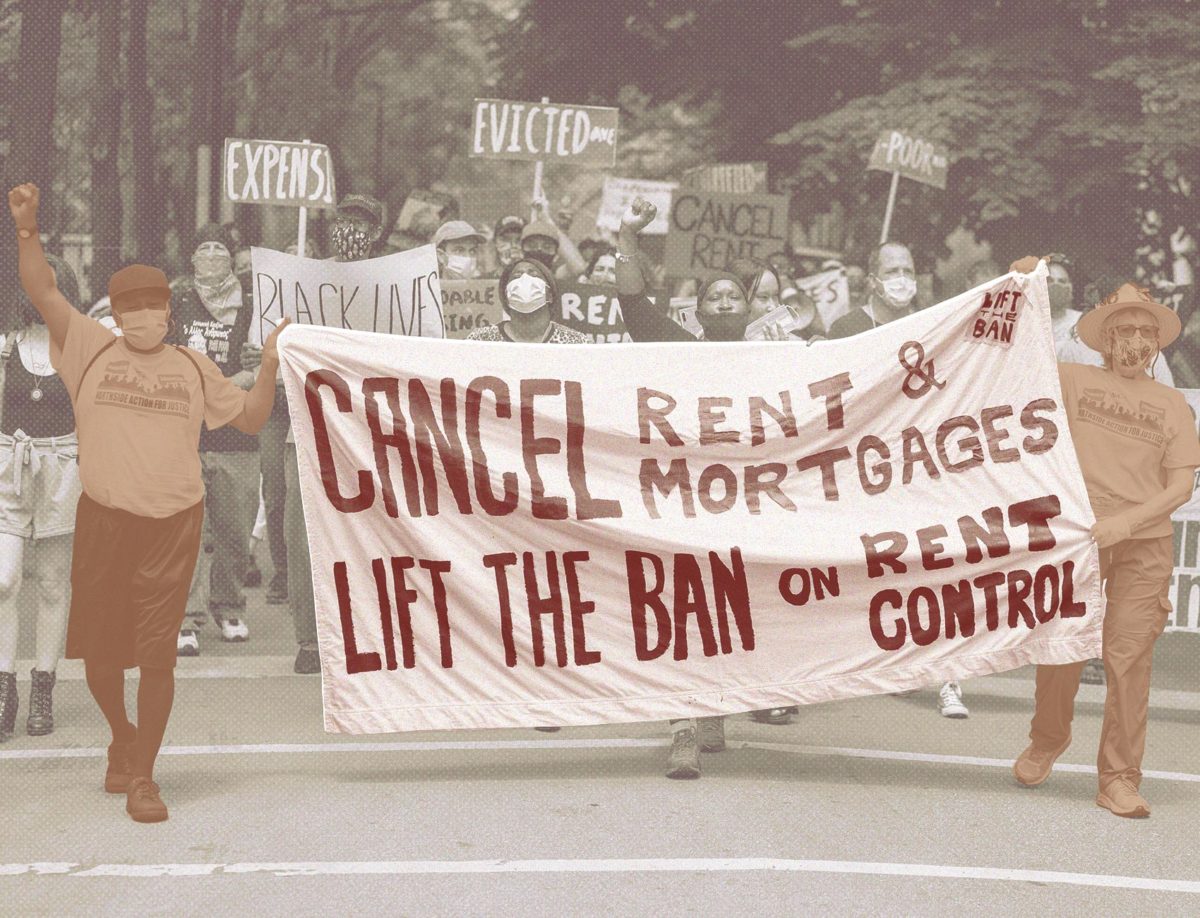
A National Evictions Cliff Is Coming. America’s Failing Legal System Will Make It Worse
COVID-19 is disproportionately putting Black and Latinx people at higher risk of eviction, fueling a housing crisis that is already in progress.

COVID-19 is disproportionately putting Black and Latinx people at higher risk of eviction, fueling a housing crisis that is already in progress.
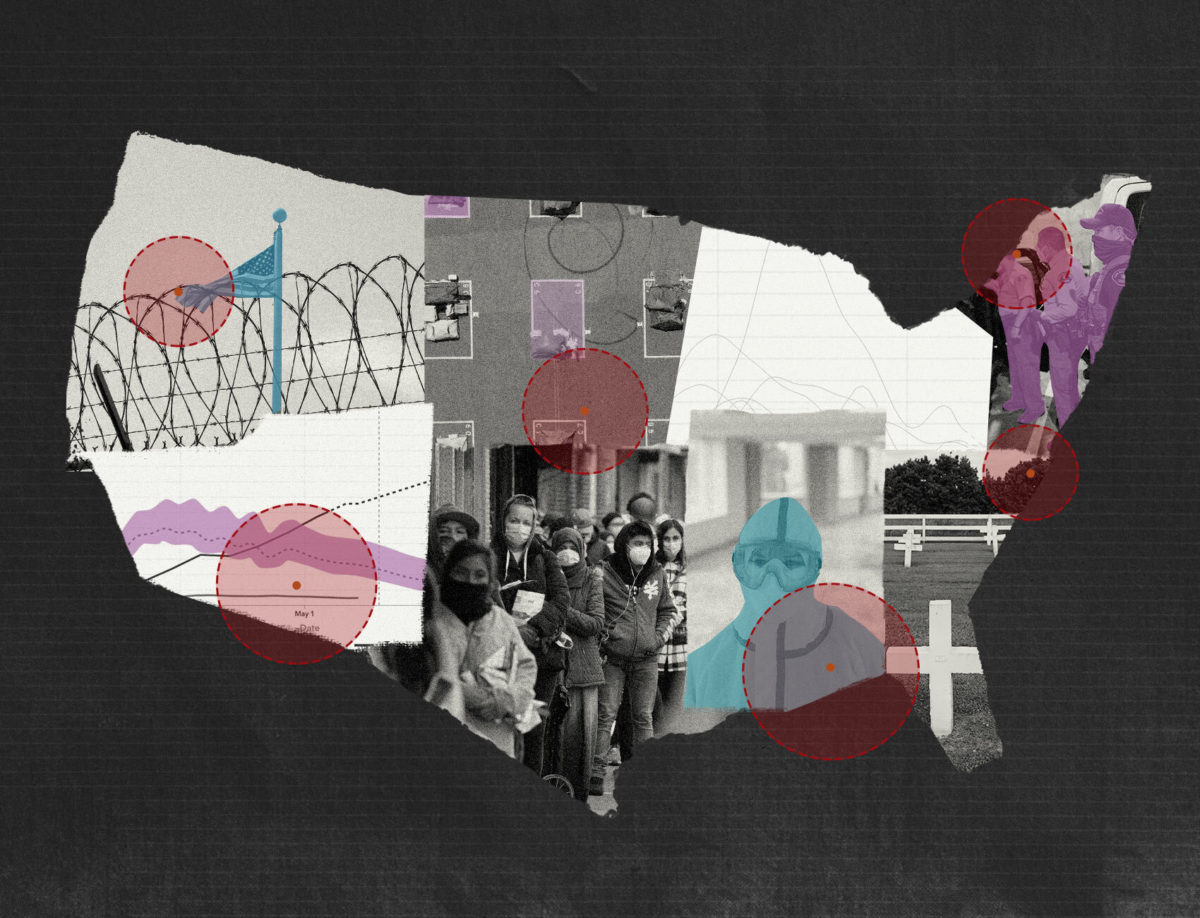
Critics say California’s release plan is an inadequate response to the COVID-19 outbreak in the state’s prison system, 42 percent of Louisiana prisoners tested for COVID-19 are positive, and conditions at Texas and Indiana prisons get the attention of lawmakers.
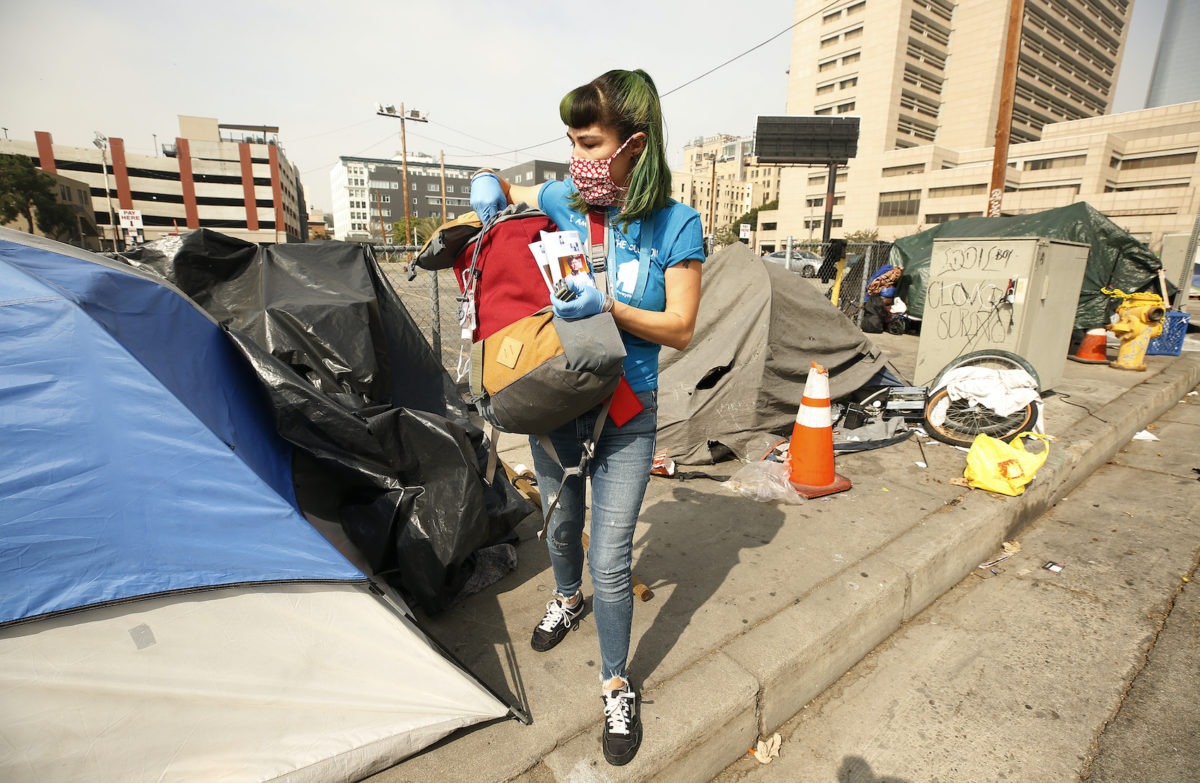
As a ‘heat dome’ descends on much of the country and local governments scramble to provide safe refuges, concern grows over the effect of a disease that has ‘totally demolished the homeless people.’

A new report finds that too many kids, particularly Black youth, continue to be held in dangerous juvenile detention facilities; California prison officials refused offers of free testing before and during San Quentin outbreak; and Gov. Gavin Newsom announces plans to release 8,000 incarcerated people.
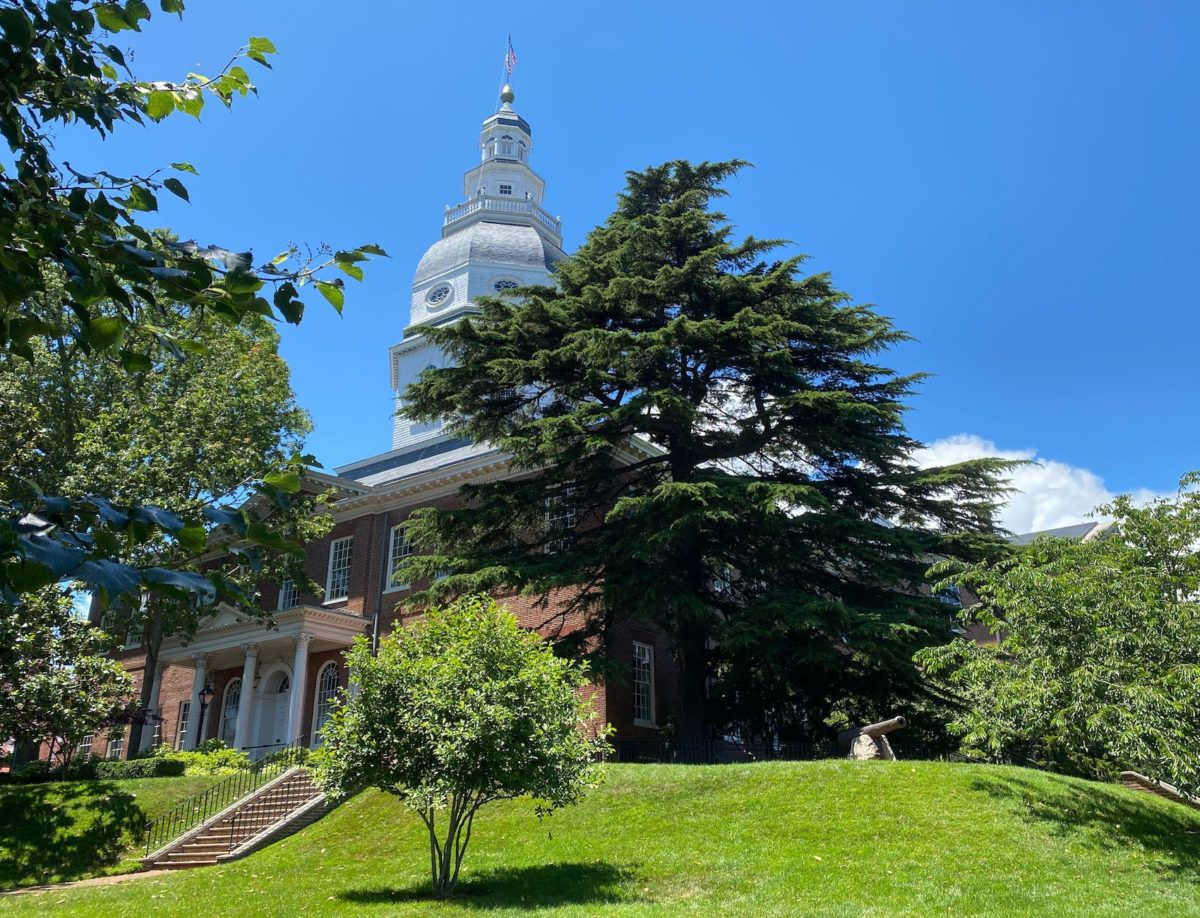
In a moment of crisis, the state Senate and House are slated to be in recess until January.
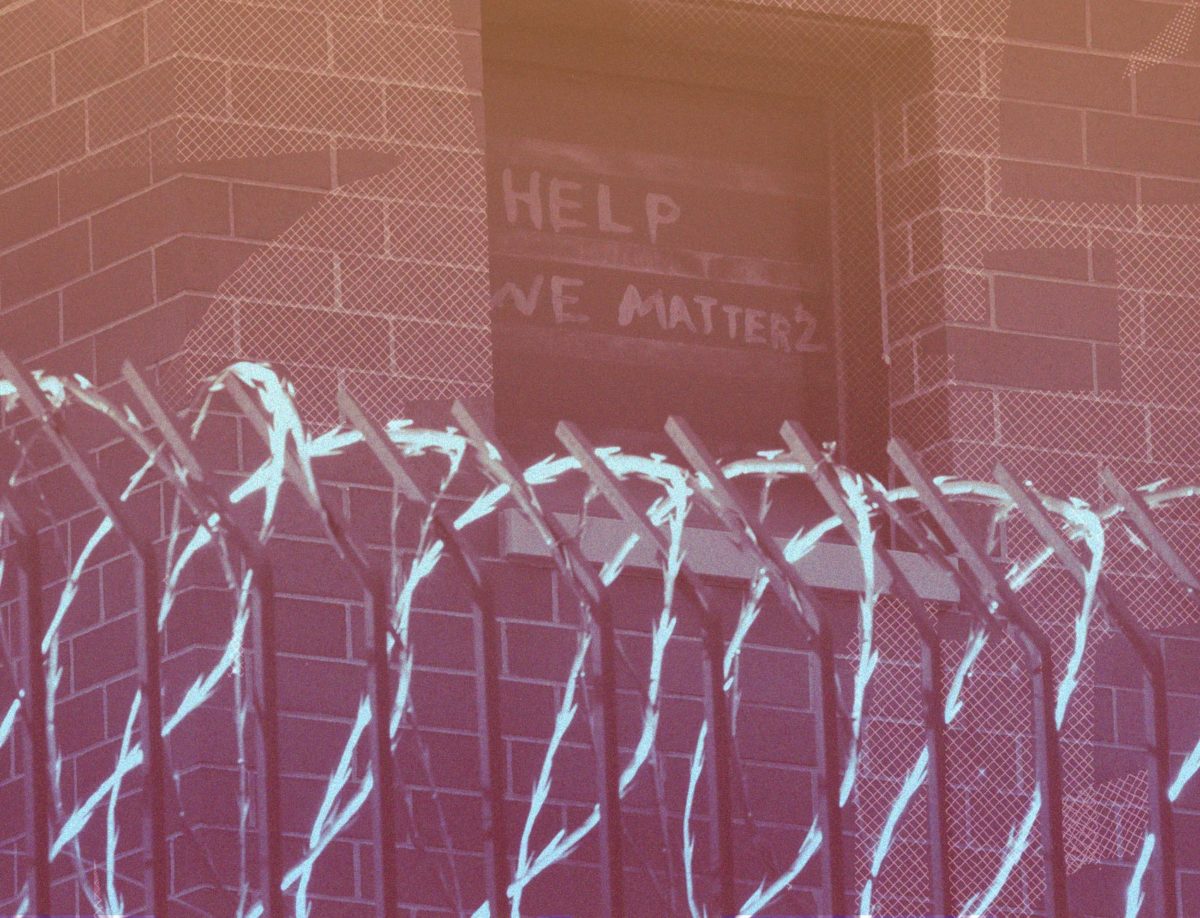
New data obtained through a Freedom of Information Law request paint a dire picture of New York City COVID-19 testing in its jails.

A new multimedia campaign seeks to amplify voices of people incarcerated in Maryland’s Prince George’s County Jail, a GEO Group stockholder sues the for-profit prison company over its ’woefully ineffective’ COVID-19 response, and widespread testing is turning up thousands of new infections.

Pressure mounts on California’s governor to release people from prison; people with months, even days, left on their sentence are dying in Texas prisons; and a new report finds higher rates of COVID-19 in prison than in the U.S. population.
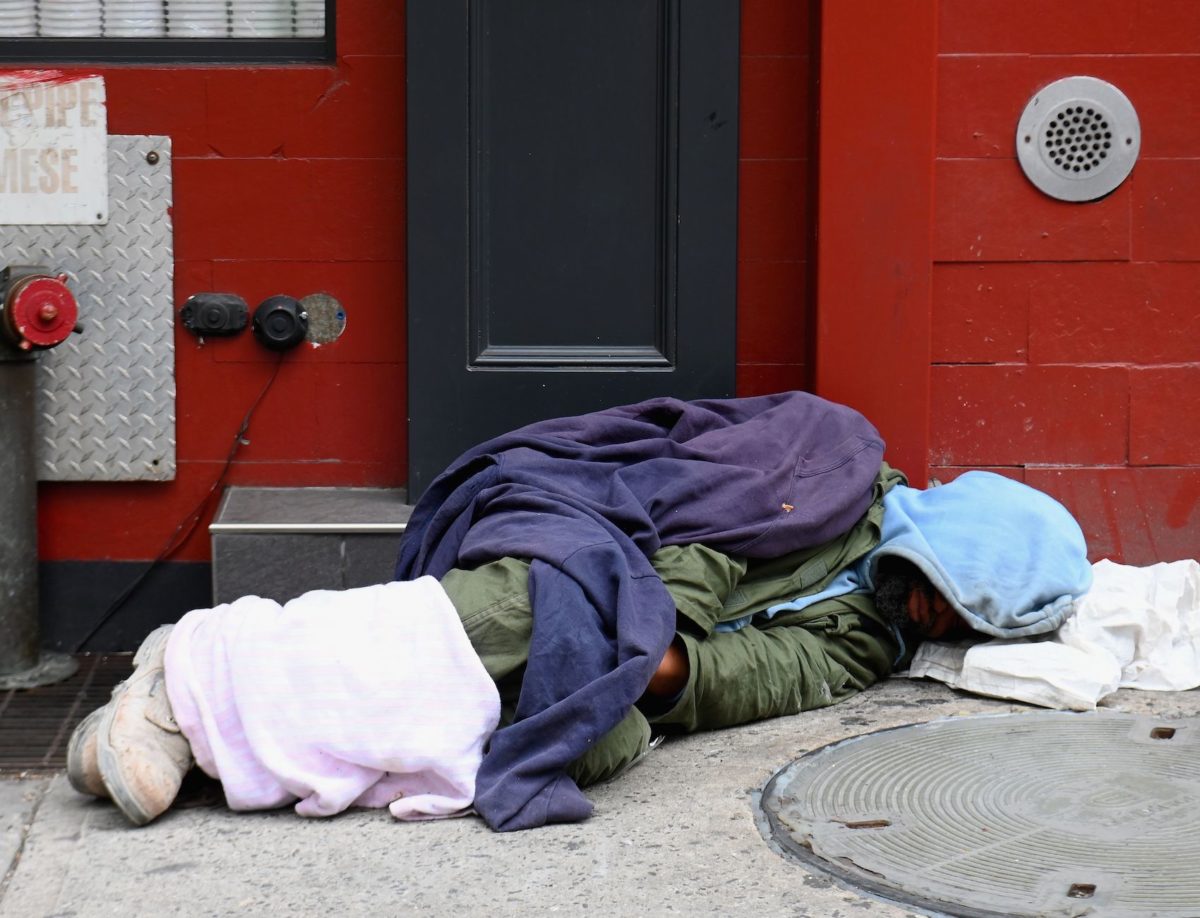
Many city residents who’ve served time for sexual crimes have families who want them back, but a 19-year-old law keeps them away.

Florida media outlets had to sue to obtain information on COVID prison deaths; after preventable outbreaks, California replaces its prison medical director; and the Texas prison where Andrea Circle Bear died grapples with a new outbreak.
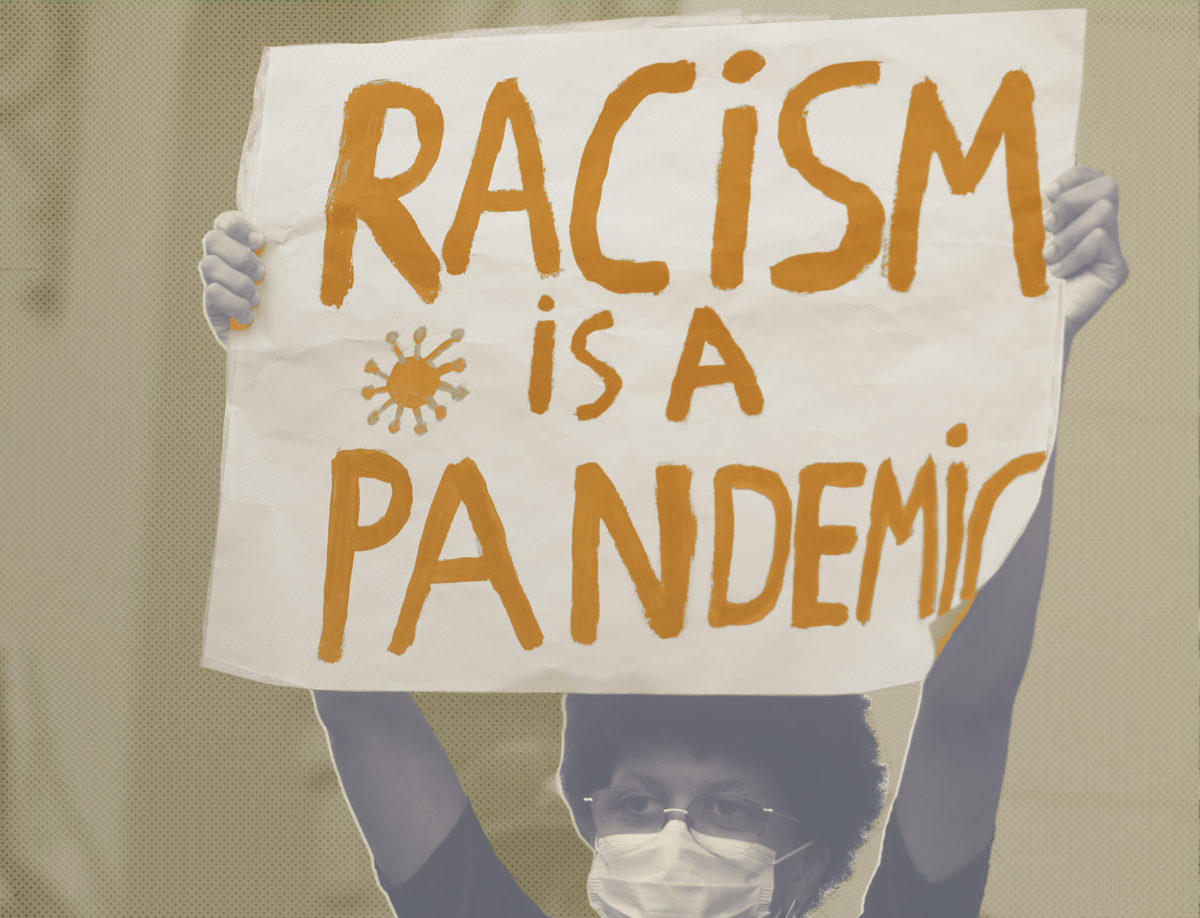
Predominantly Black neighborhoods have less access to primary care physicians and healthcare services, at a time when COVID-19 is killing Black Americans at a rate 2.3 times higher than white Americans. Now grassroots organizations are trying to compensate for failures of public health.

Advocates sue to get people out of ’deplorable’ Detroit jail, Oregon prisons see more COVID cases while governor stalls on commutations, and botched transfer depletes California’s prison fire camps.
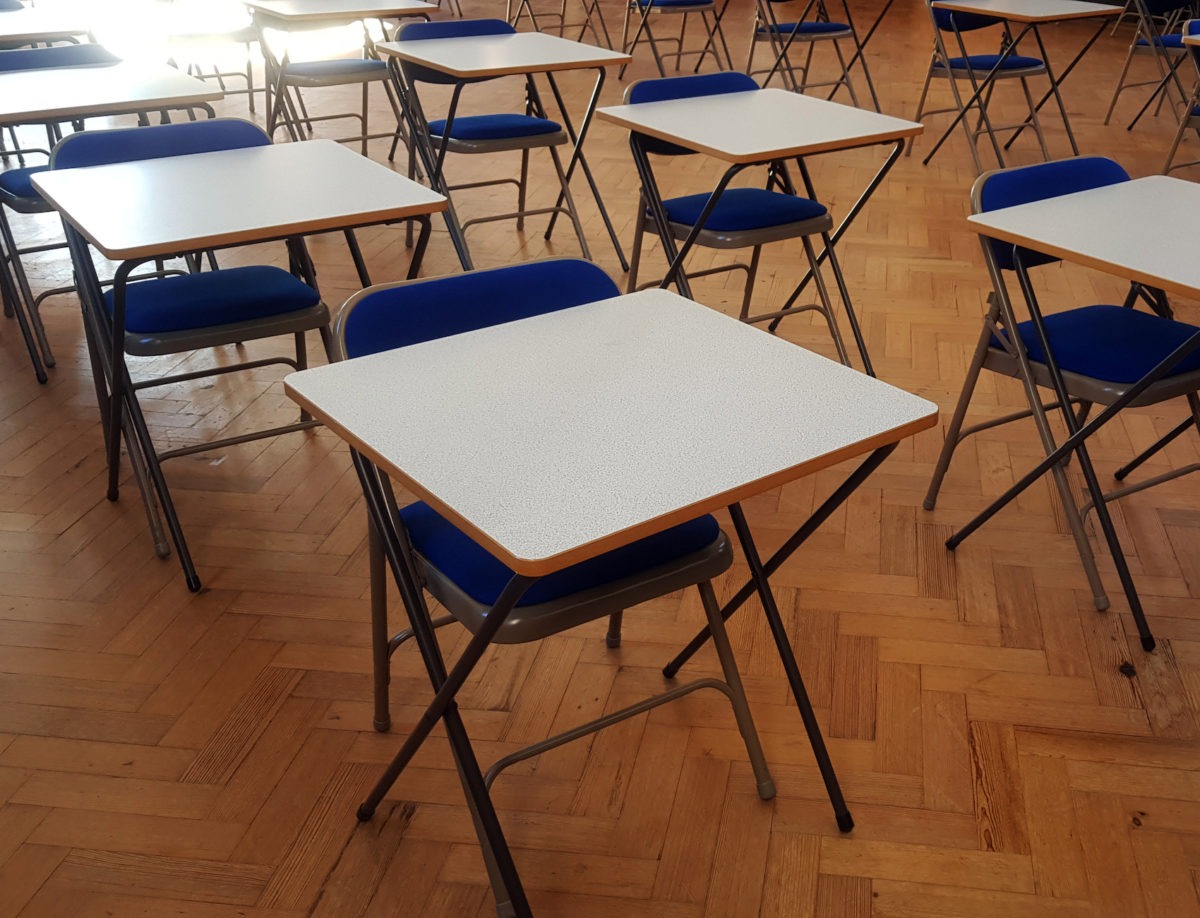
Prioritizing bar examiners’ gatekeeping function during a pandemic and economic crisis means putting aspiring lawyers at risk and making it harder for nonwhite and low-income people to enter the legal profession.
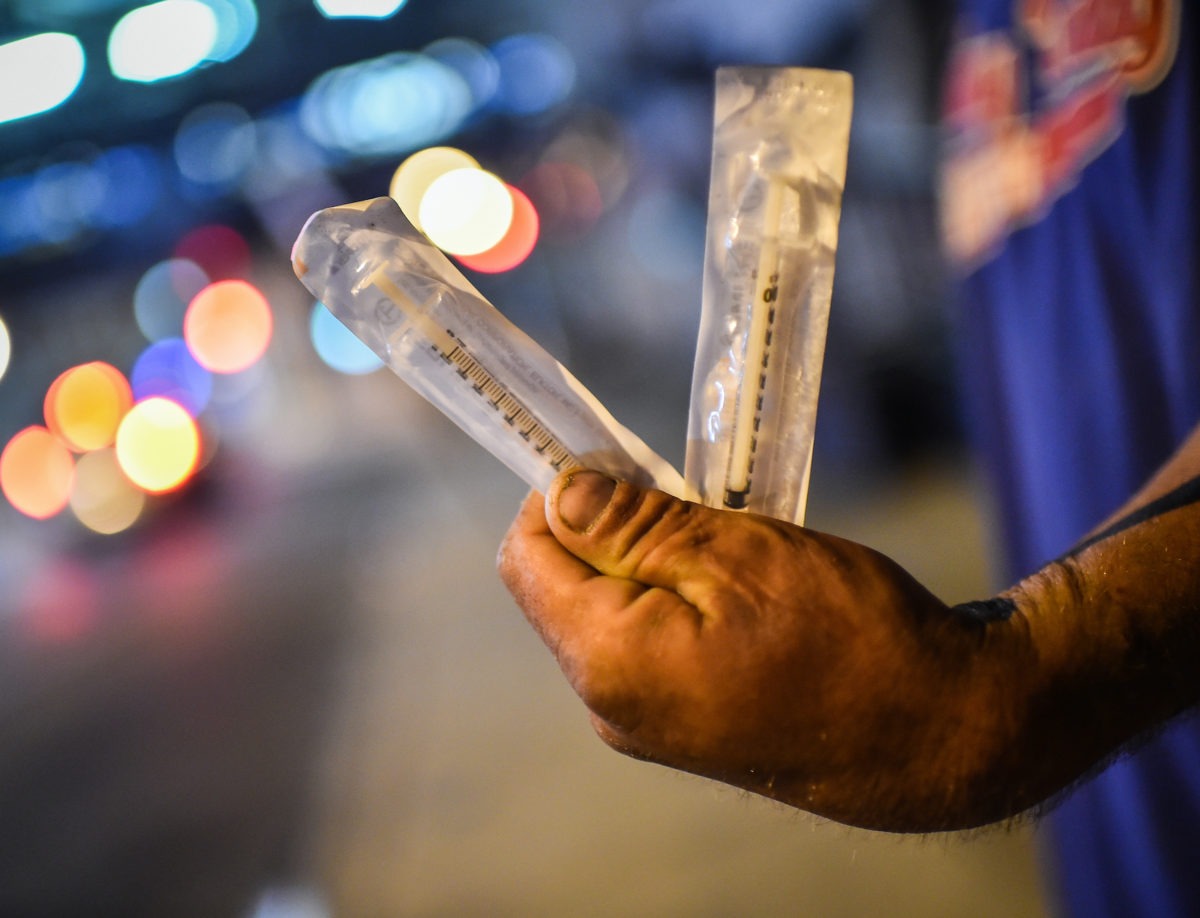
Advocates say the pandemic has exacerbated the overdose crisis in the state by forcing people into isolation and impeding access to treatment.

San Quentin prisoners launch a hunger strike to protest inhumane conditions; amid an outbreak, a for-profit healthcare provider refuses to test everyone in an Ohio jail; and cases are spiking at Washington state’s Coyote Ridge Corrections Center.

About 20 people in the prison’s Badger section have been on hunger strike for the past few days, three people incarcerated there say.

A California lawmaker describes the California Department of Corrections and Rehabilitation’s handling of San Quentin outbreak as “abhorrent,” private prison giant CoreCivic turns a profit amid a pandemic and an inspection of a Tennessee jail turns up “inadequate and harmful” conditions.
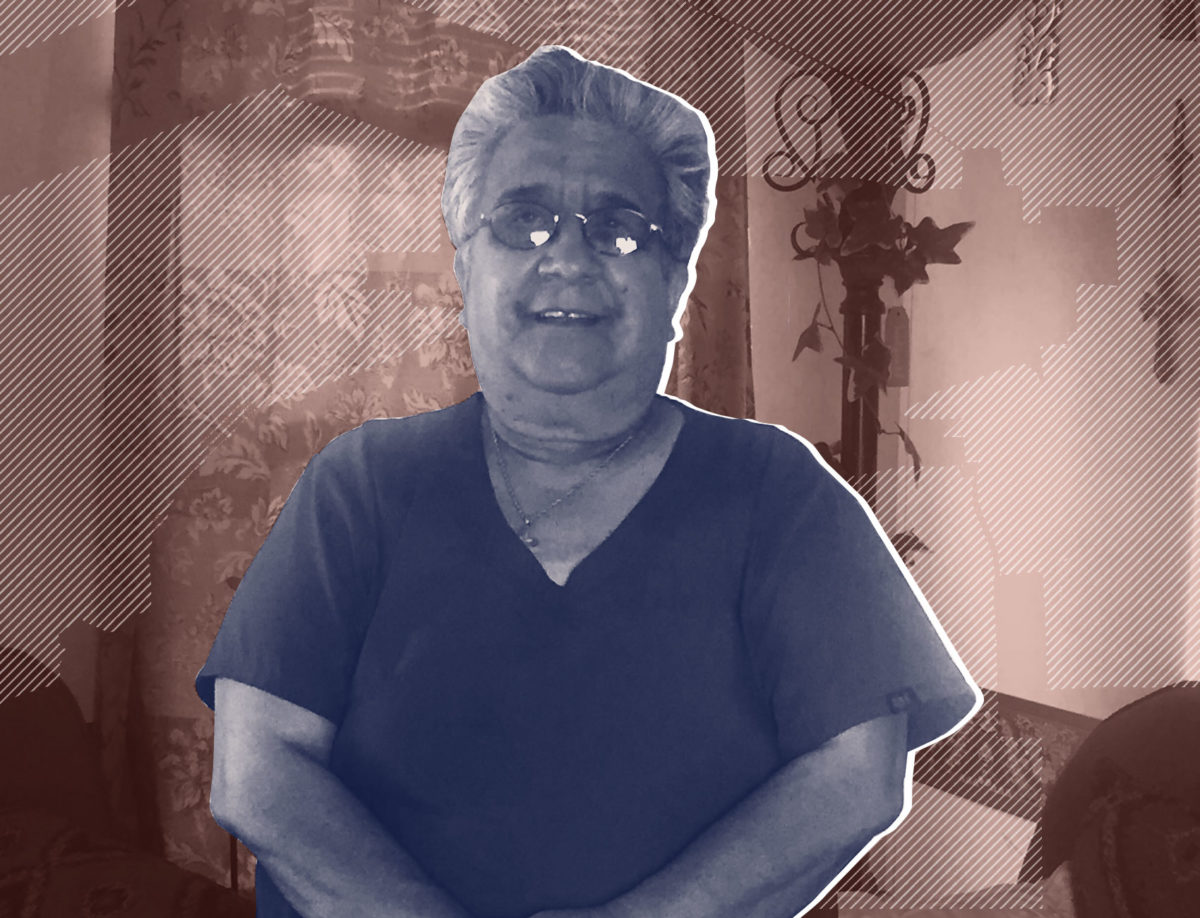
A survey published by the National Domestic Workers Alliance in April found that 55 percent of respondents were unable to pay April’s rent, and 84 percent were either not able to or didn’t know if they could afford food.

COVID continues to tear through San Quentin and another botched CDCR transfer results in an outbreak; cases continue to climb in jails and a prisoner at Sing Sing describes prison life amid a pandemic.
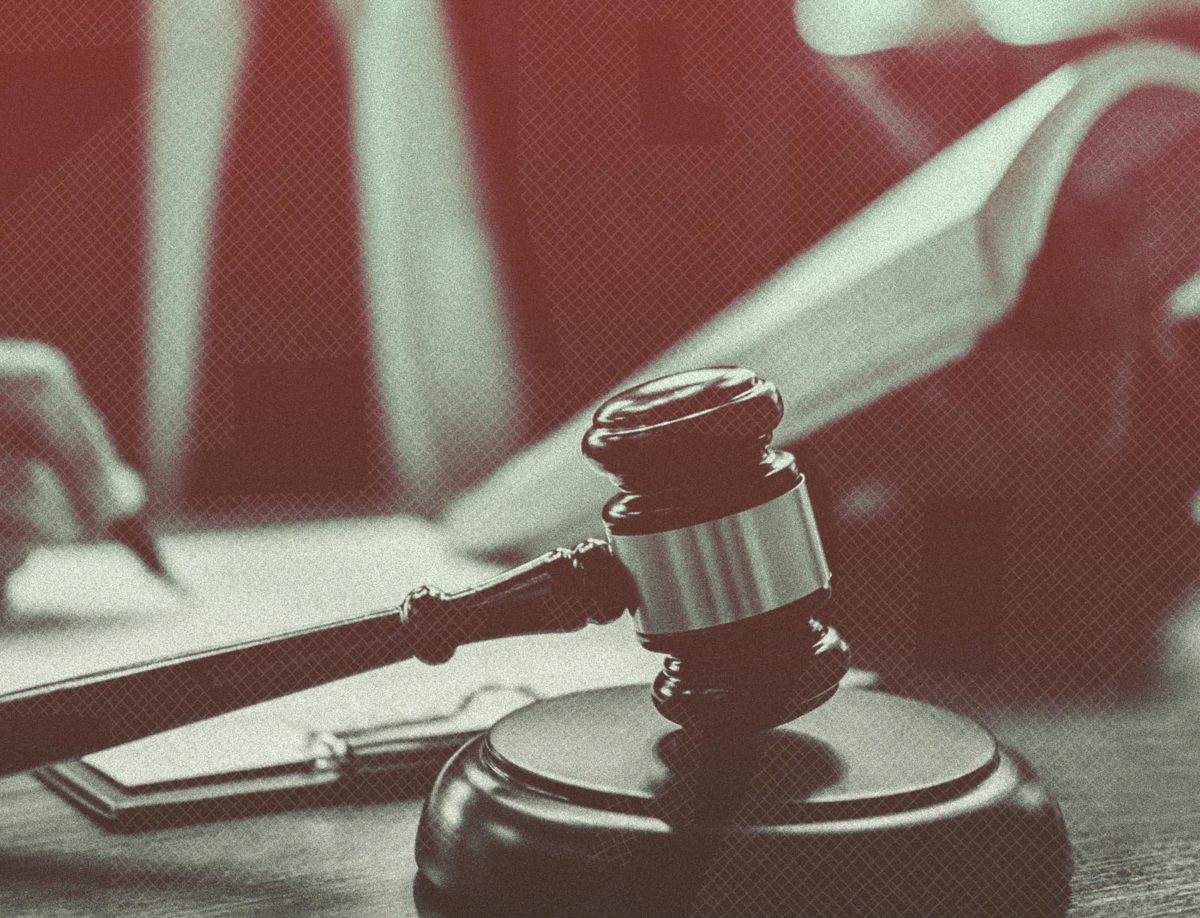
Judge Paul Bonin improperly required people who appeared in his courtroom to purchase ankle monitors from a private company run by one of his former law partners, a lawsuit says.
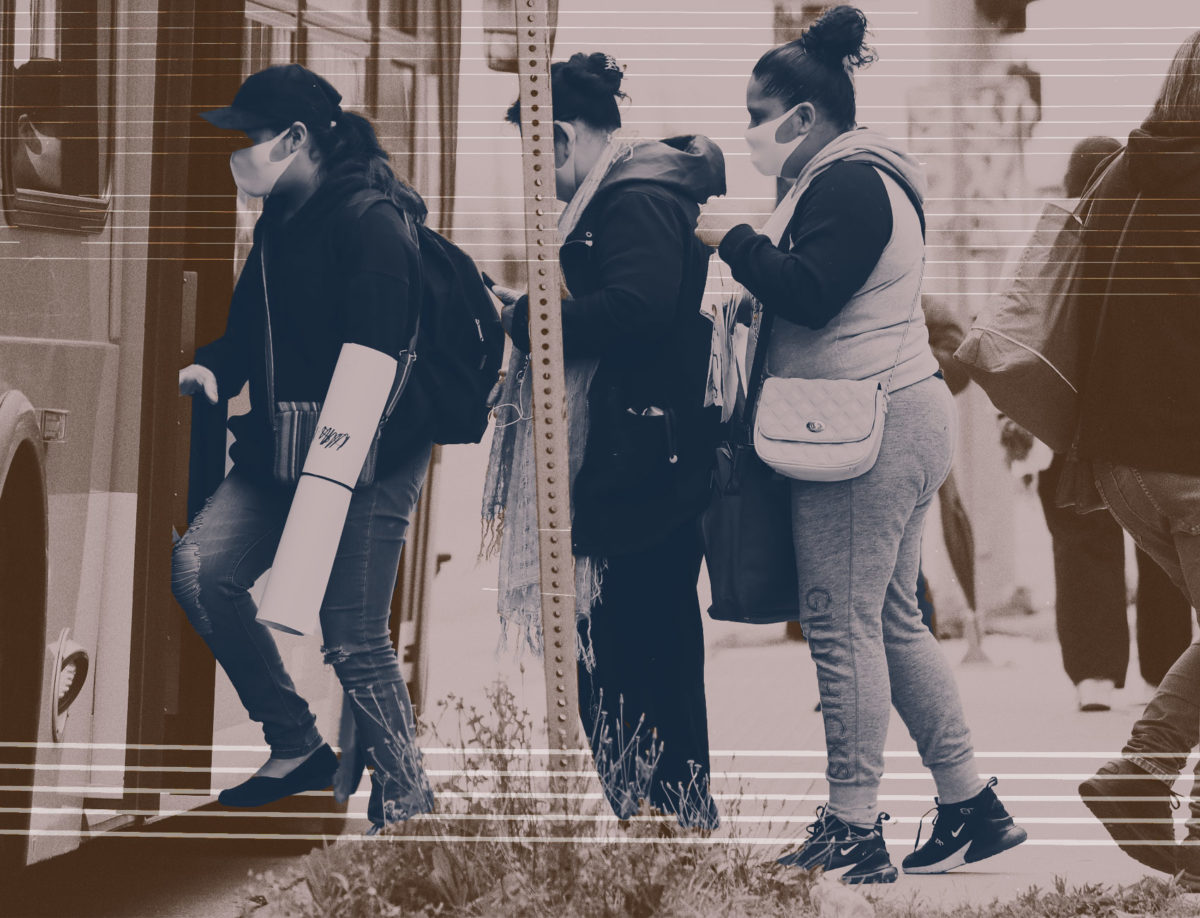
The nation has an opportunity to take advantage of this transformative event and pursue an alternative to the current system.
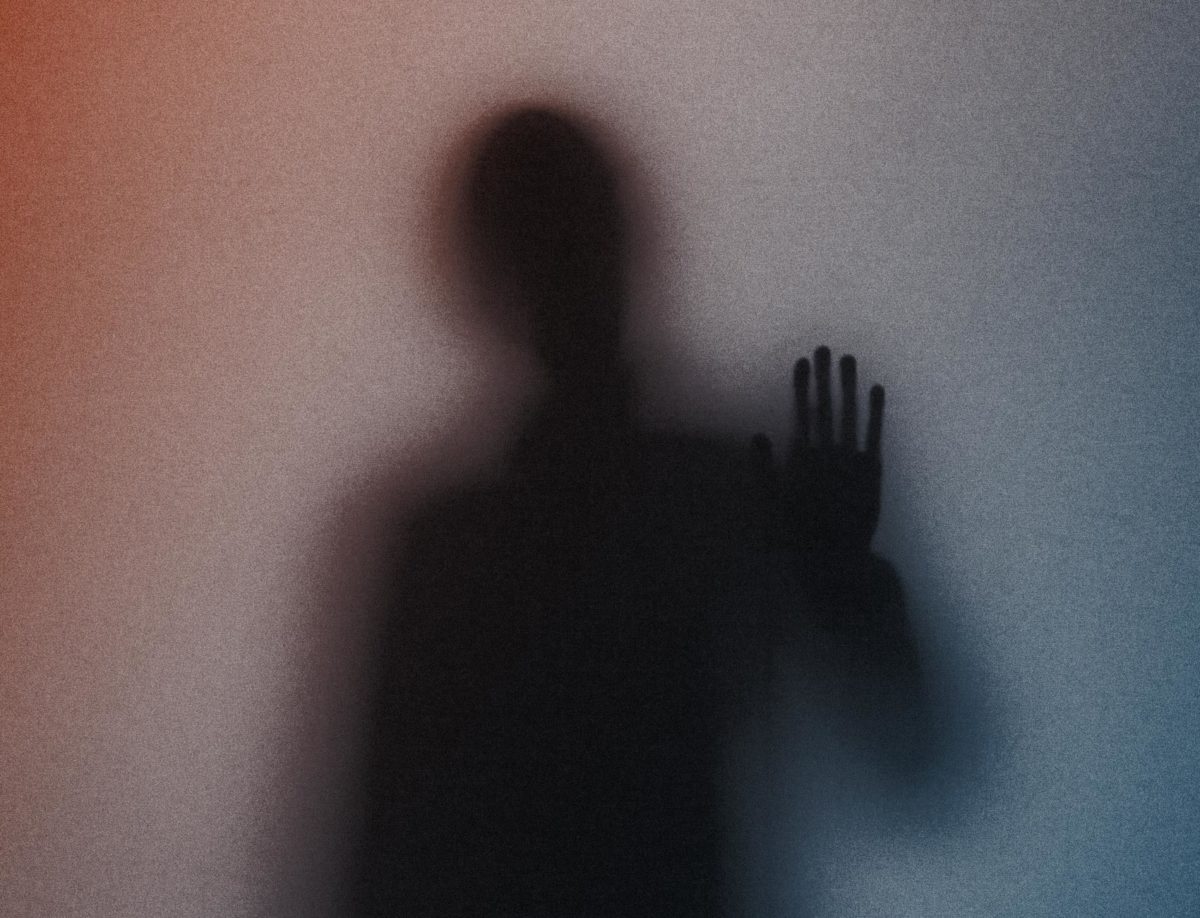
In Cook County, Illinois, suspected or confirmed fatal overdose deaths doubled over last year in the first five months of this year.
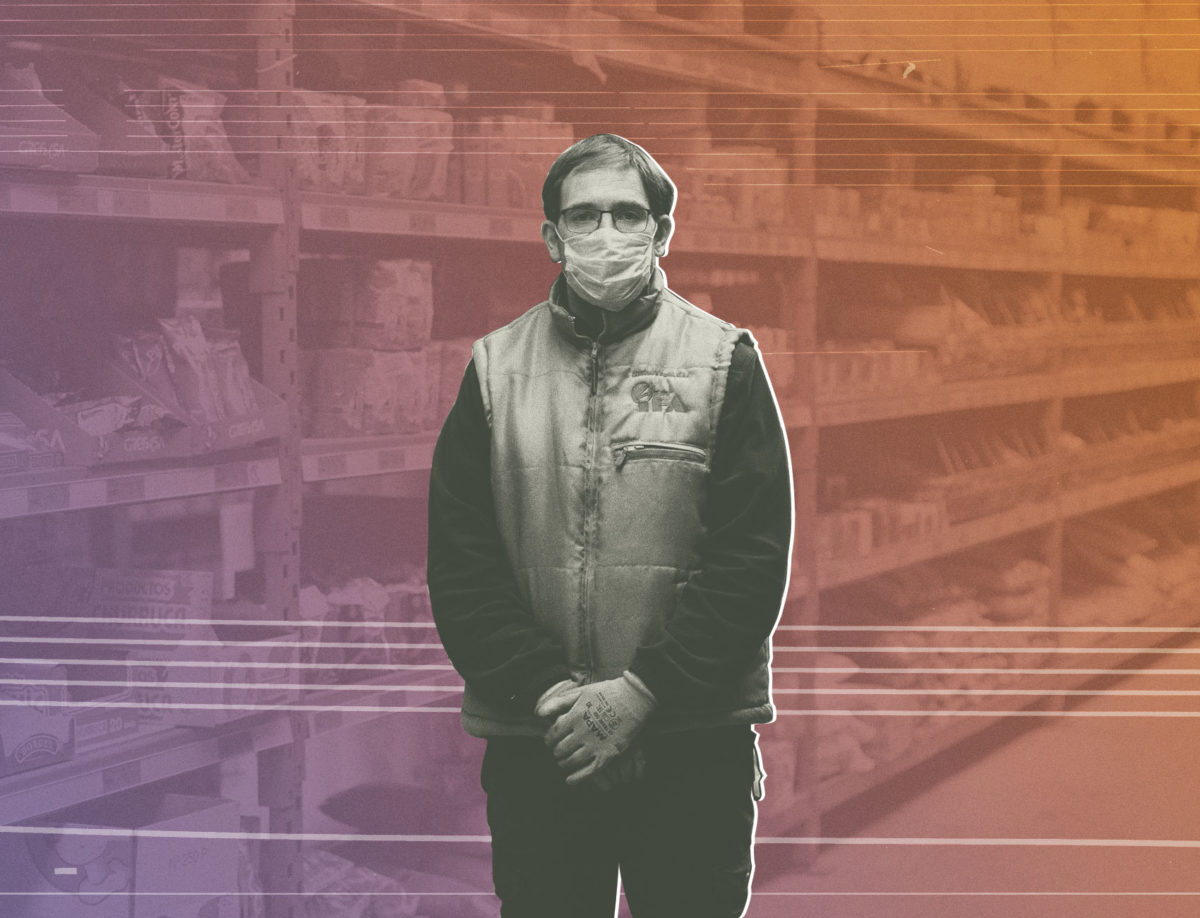
From grocery store workers to nurses, from home care workers to janitors, from teachers to delivery workers to domestic workers — there is an invisible, undervalued army of people who make our lives possible. Their work is essential, and it always has been.

A new report gives all 50 states failing grades on how they’ve handled COVID-19 in correctional facilities, infections continue to creep into jails and the Palm Beach post takes Florida Gov. Ron DeSantis to task for his coronavirus failures.

Workers report facing a difficult choice between earning a living and feeling safe and healthy at their job.
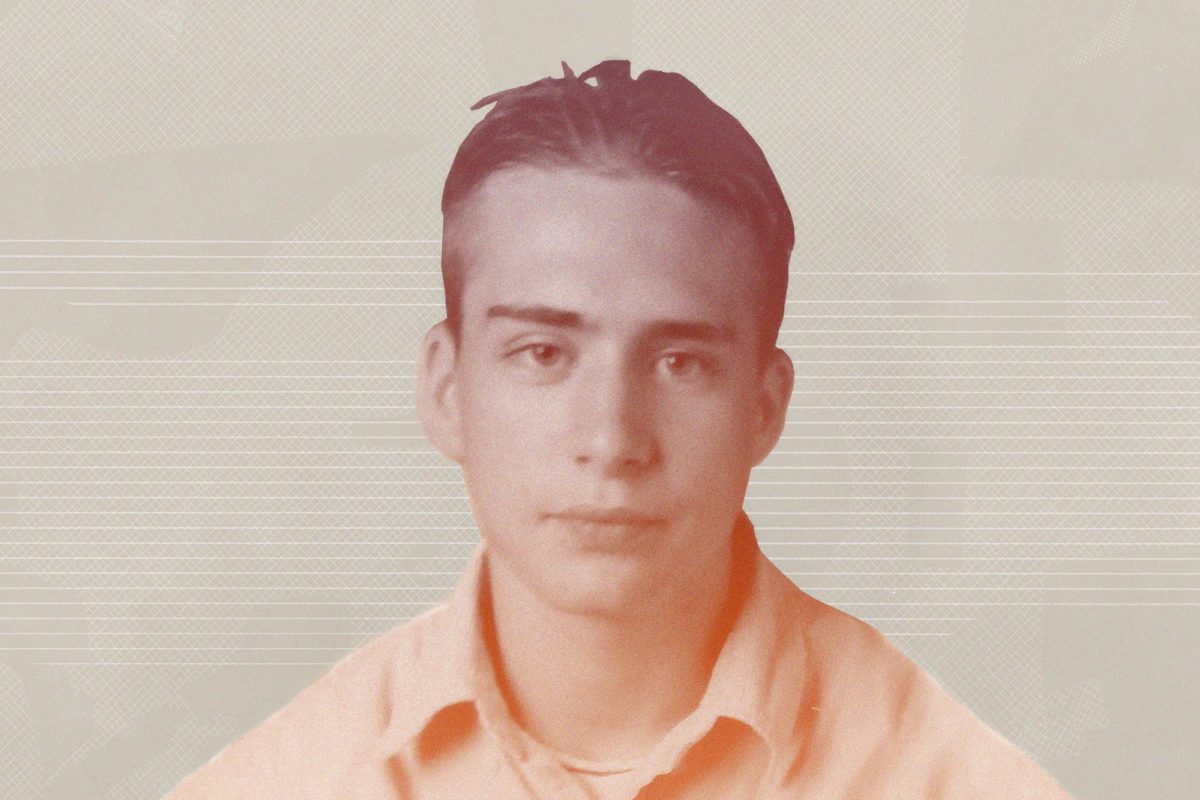
Prosecutors wanted to make an example of Justin Dixon, who has been in an Arizona prison for 14 years, with 37 ahead of him. Now, as COVID-19 spreads in the facility where he’s being held, his family is desperate for him to be released.

Sacramento jail deputies agree to start wearing masks, the state agency that oversees California jails won’t collect COVID-19 data, a lockdown failed to stop infections in a women’s jail, and cases continue to increase at San Quentin.
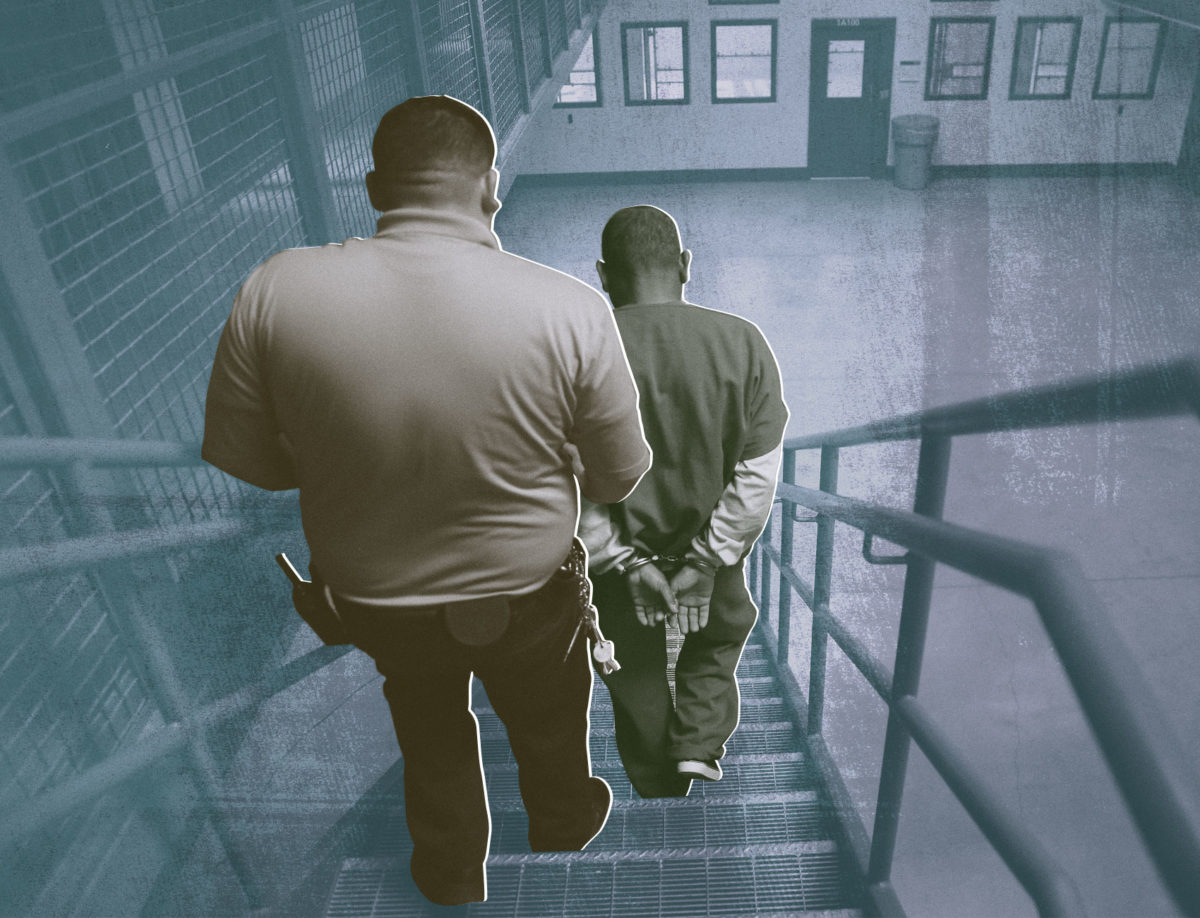
Citing the pandemic, state legislators asked all agencies to trim their budgets. The cuts could eliminate positions for public defenders who can show a trial or sentence was unjust, overturn convictions, or reduce a person’s time.
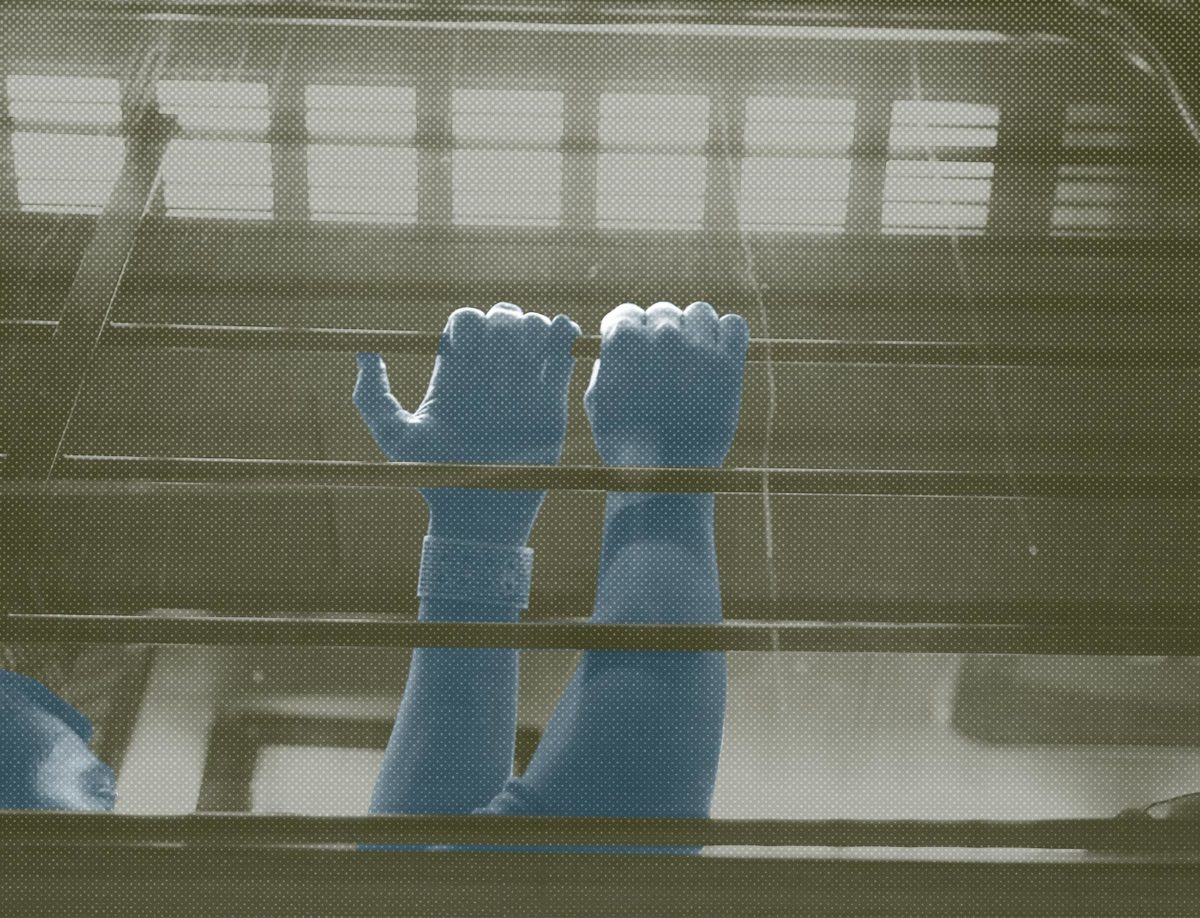
Legal, medical, and religious groups warn in a new report that the widespread use of solitary confinement in response to COVID-19 risks spreading the disease further and undoing a decade of progress.

Despite early warnings, jails and prisons have seen a rapid spread of the virus—a humanitarian disaster that puts all of our communities, and lives, at risk. Every day, The Appeal examines the scale of the crisis, numbers of infected and dead, around the nation.

Despite early warnings, jails and prisons have seen a rapid spread of the virus—a humanitarian disaster that puts all of our communities, and lives, at risk. Every day, The Appeal examines the scale of the crisis, numbers of infected and dead, around the nation.

Despite early warnings, jails and prisons have seen a rapid spread of the virus—a humanitarian disaster that puts all of our communities, and lives, at risk. Every day, The Appeal examines the scale of the crisis, numbers of infected and dead, around the nation.

Despite early warnings, jails and prisons have seen a rapid spread of the virus—a humanitarian disaster that puts all of our communities, and lives, at risk. Every day, The Appeal examines the scale of the crisis, numbers of infected and dead, around the nation.
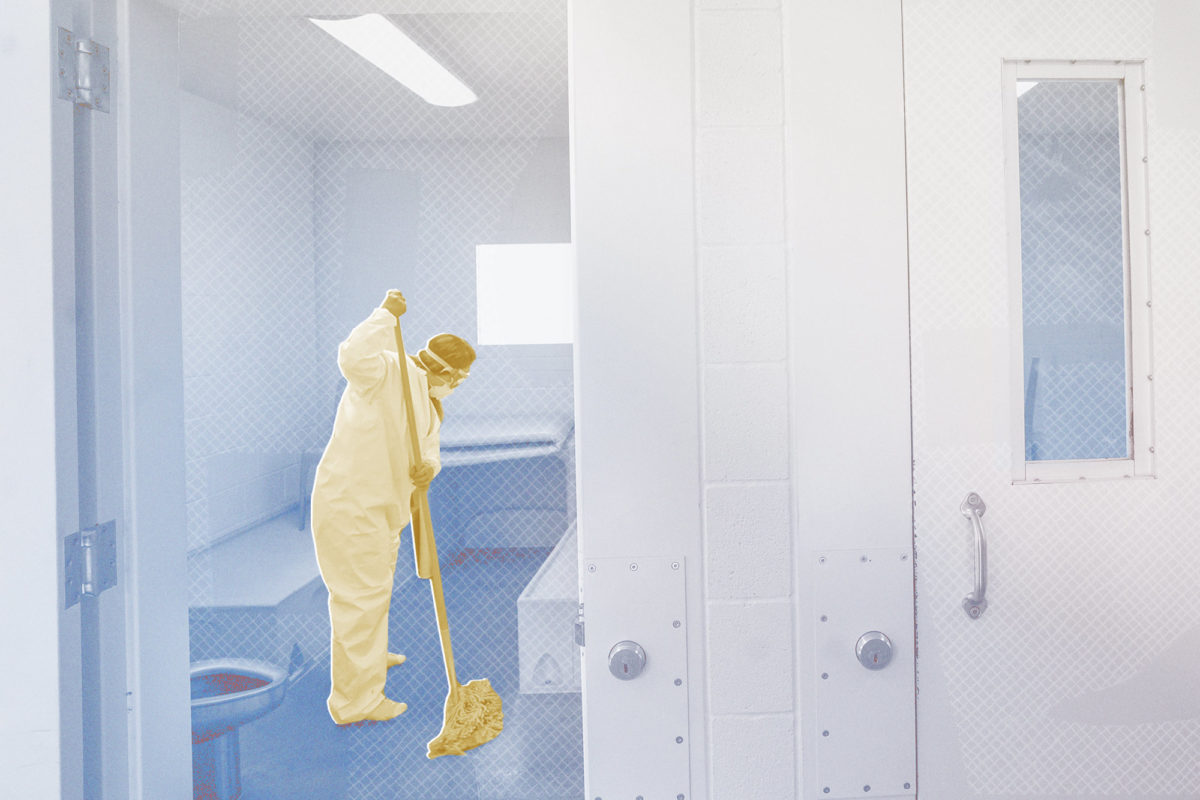
The accounts by prisoners in Cummins Unit contradict messaging from the state Department of Corrections, which says it has taken aggressive steps to stop the spread of coronavirus.

Despite early warnings, jails and prisons have seen a rapid spread of the virus—a humanitarian disaster that puts all of our communities, and lives, at risk. Every day, The Appeal examines the scale of the crisis, numbers of infected and dead, around the nation.
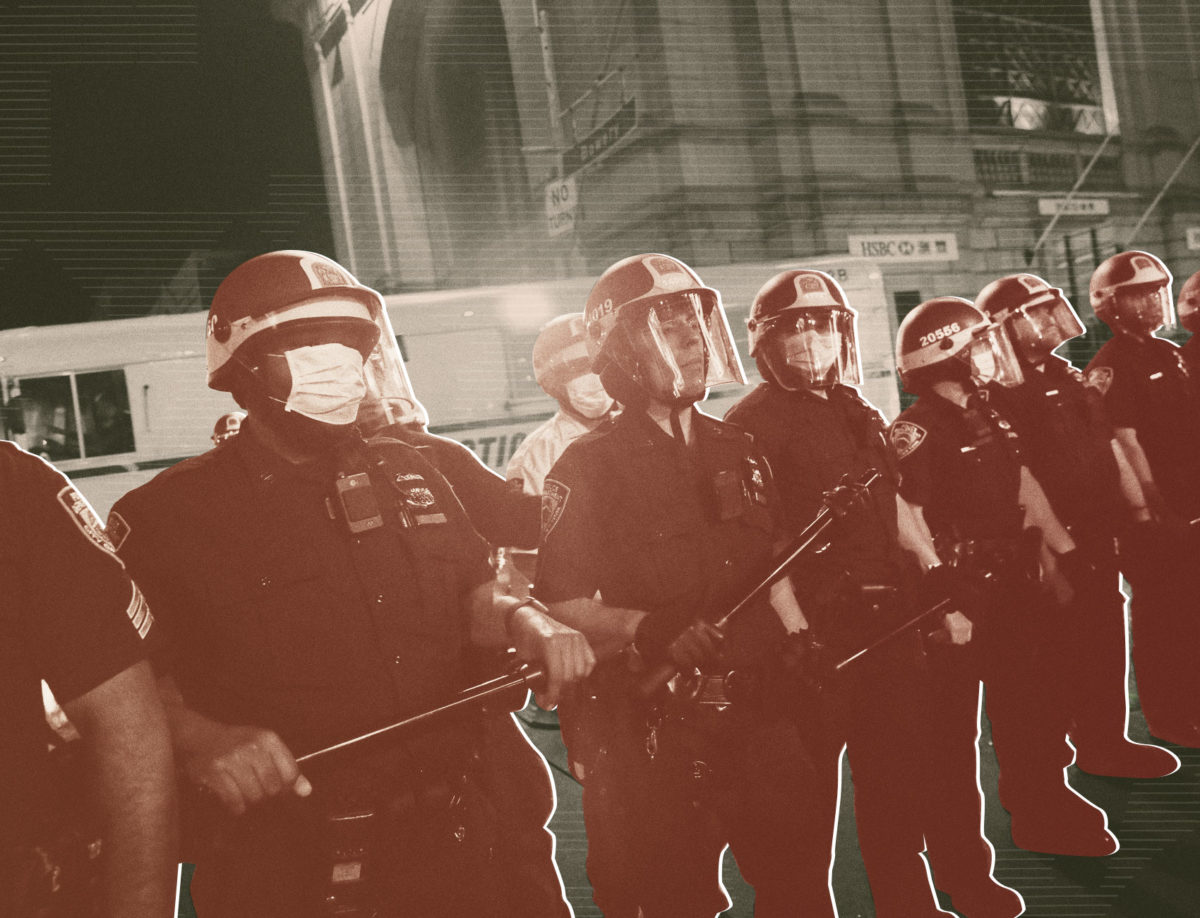
Essential workers say curfews put them at risk of police violence, even though they were exempt.
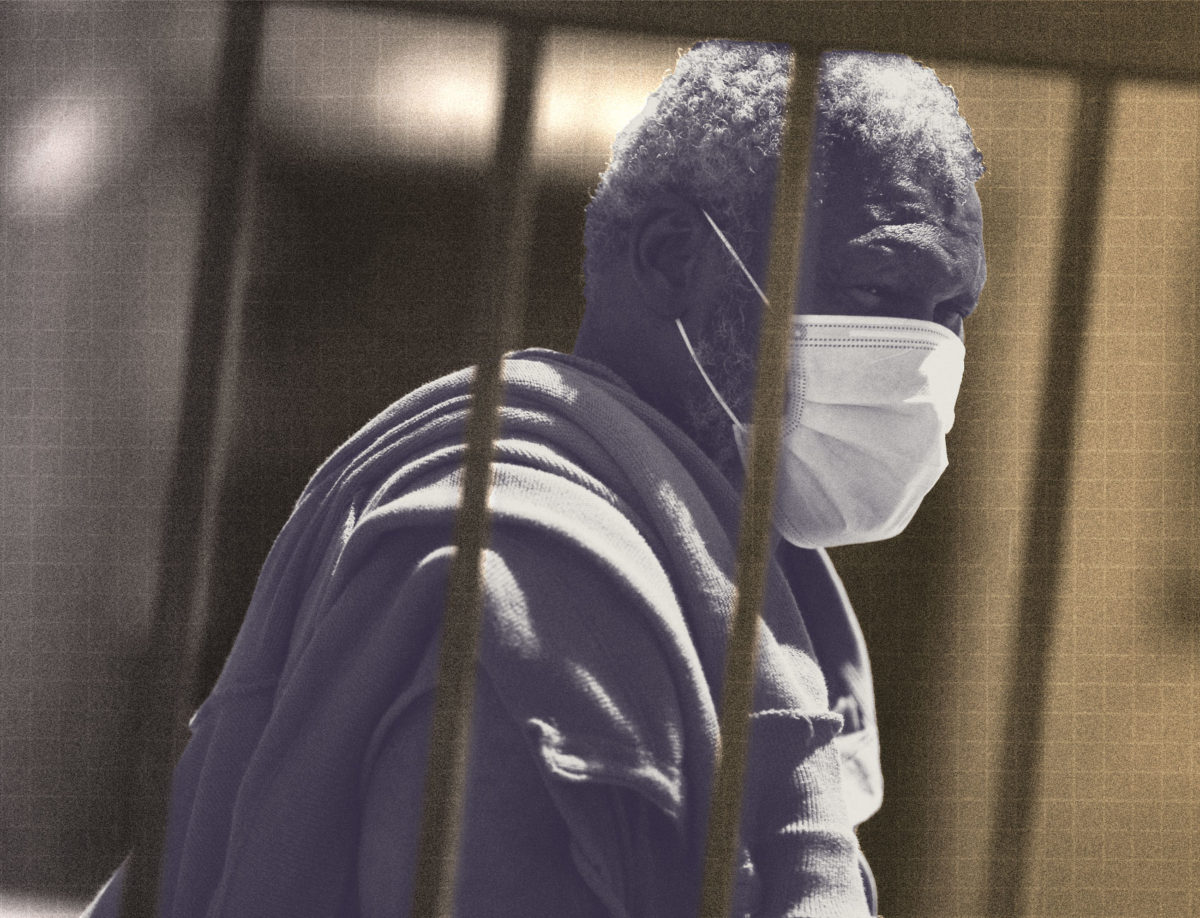
As the country reopens, we can’t quickly forget these failures of government, which have disproportionately harmed Black, Latinx, and Native people.

Despite early warnings, jails and prisons have seen a rapid spread of the virus—a humanitarian disaster that puts all of our communities, and lives, at risk. Every day, The Appeal examines the scale of the crisis, numbers of infected and dead, around the nation.
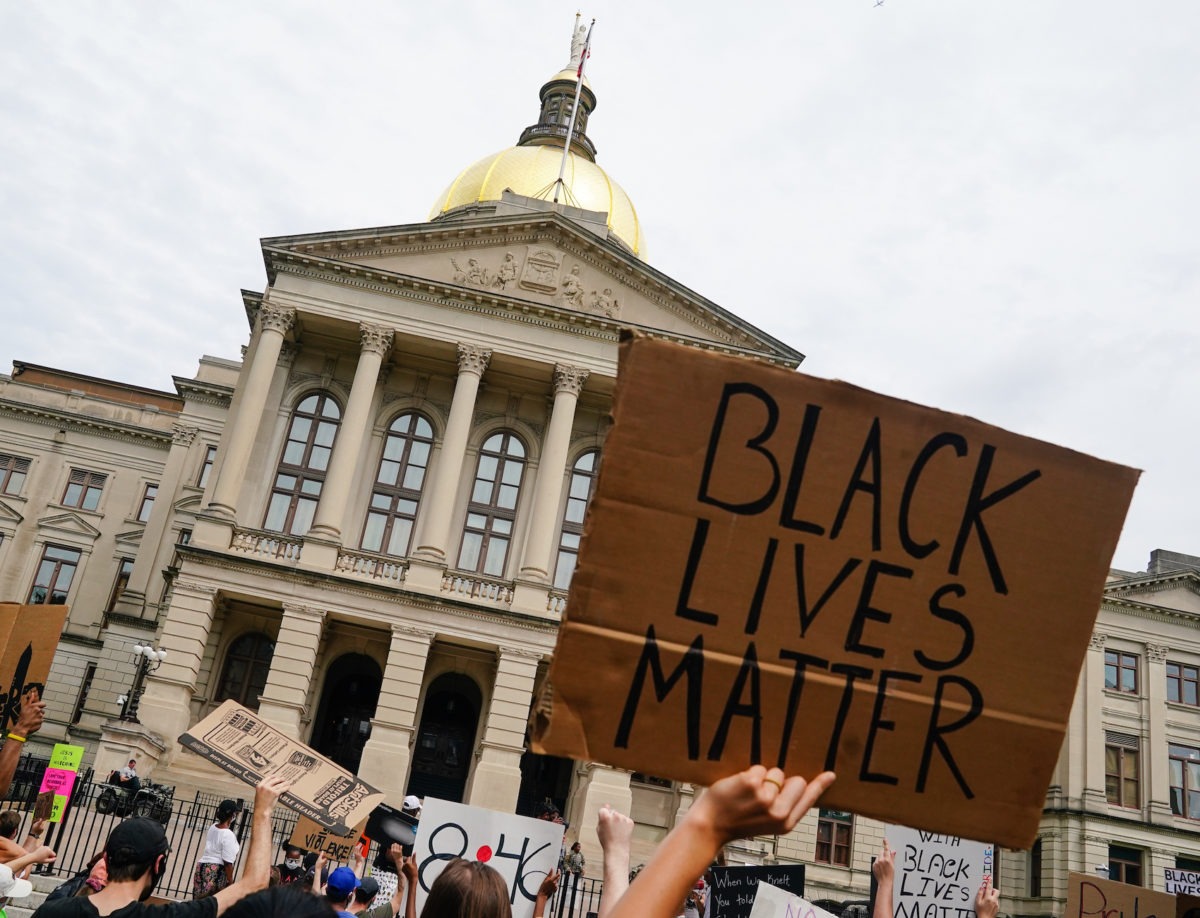
Mayor Keisha Lance Bottoms has asked for the budget increase amid ongoing local and national reports of police violence against protesters.
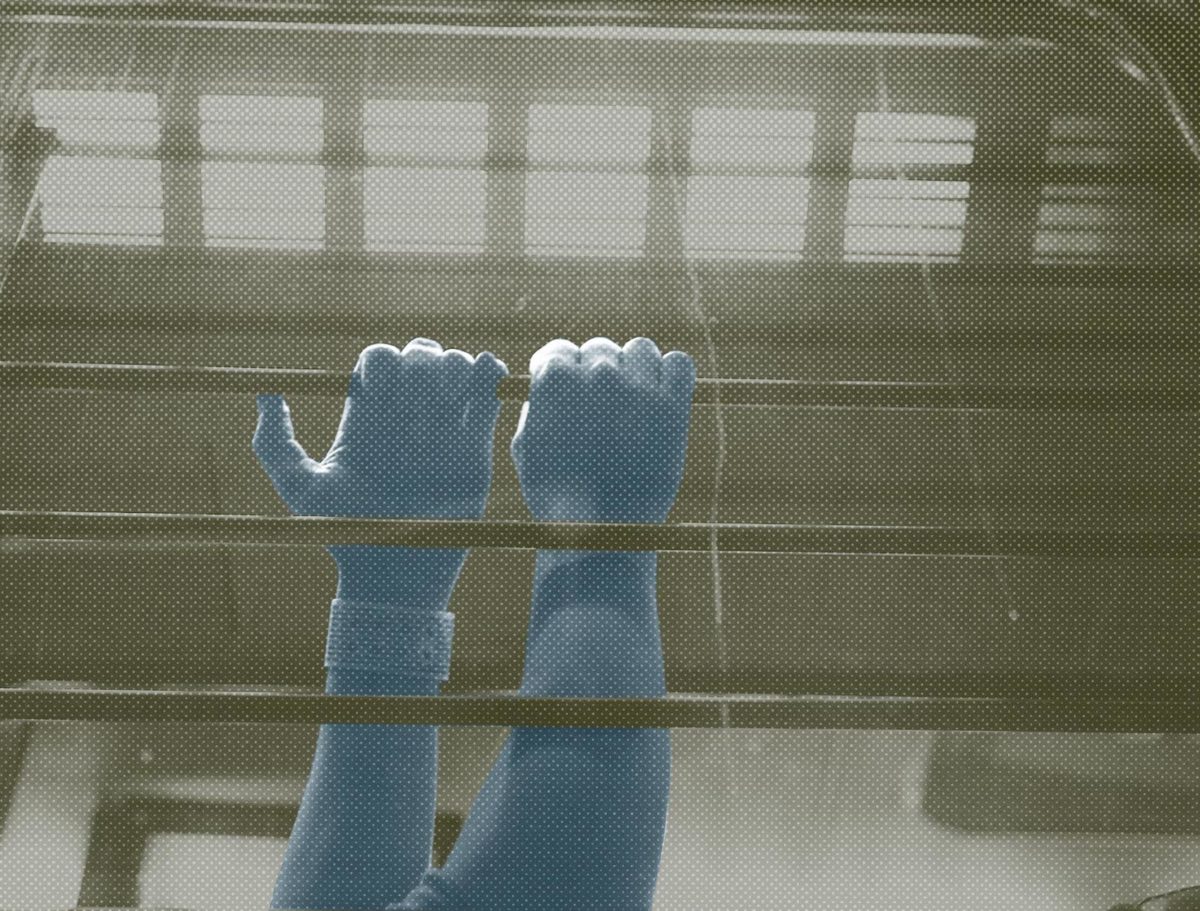
James ‘Bumpy’ Bennett, who had twice survived cancer, was 71 and had served 48 years of his life without parole sentence.